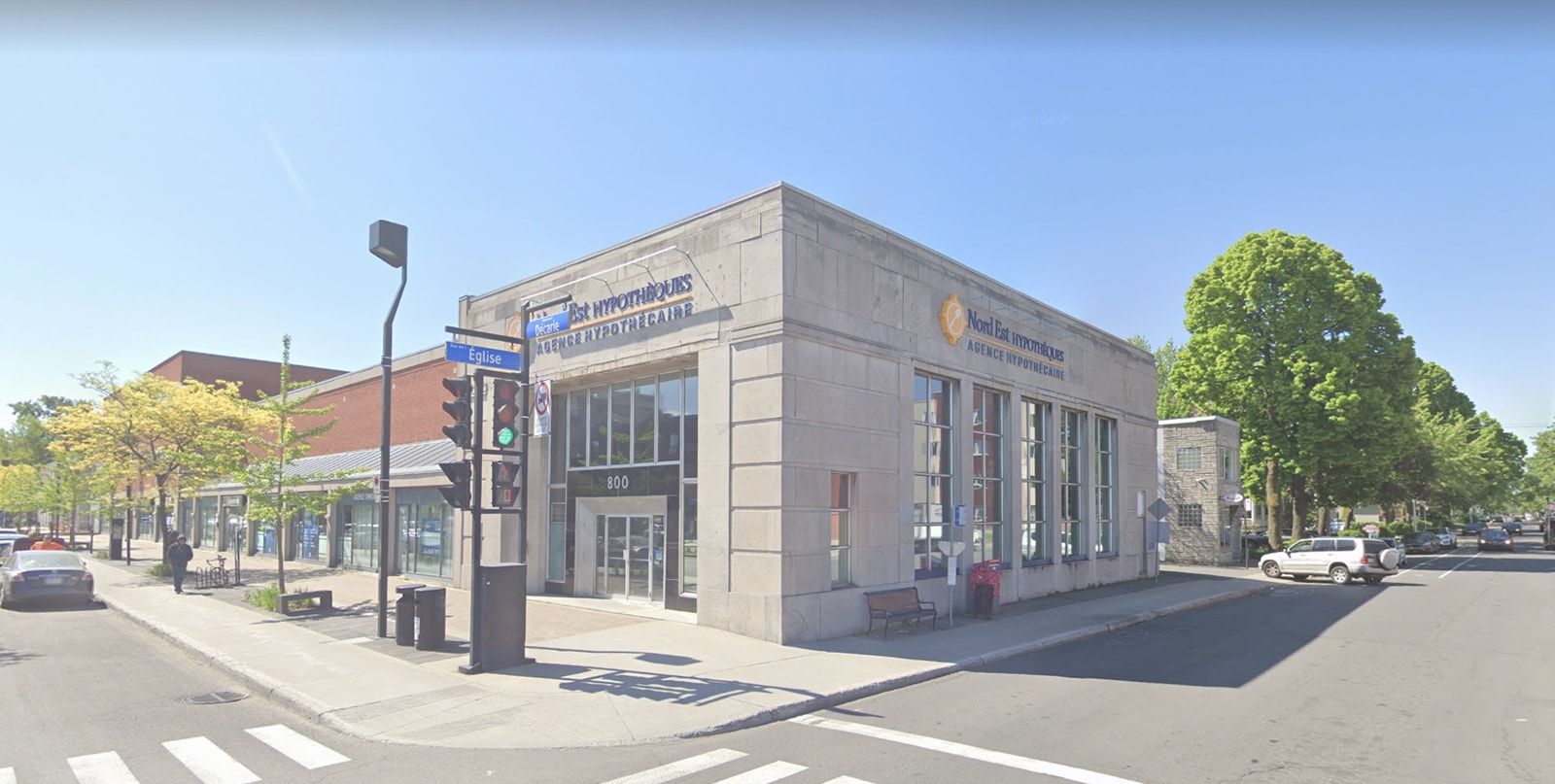
Montreal real estate broker vs diy home buying. What is right for you?
Buying your first home in Montreal is a big milestone—and it comes with a key decision: do you work with a licensed real estate broker, or try a do‑it‑yourself (DIY) approach? This article aims to give you a clear, practical comparison so you can choose what fits your budget, stress level, and need for guidance.
Montreal’s market remains dynamic and competitive in many neighbourhoods. Multiple offers, quick timelines, and Quebec‑specific rules mean each step matters. It is essential to understand how the process works here before you jump in, especially if this is your first purchase.
Working With a Real Estate Broker: What You Get
Core advantages
A professional broker gives you Montreal‑specific expertise that is especially valuable for first‑time buyers. This typically translates into:
- Preferential access to listings: Brokers use Centris (Quebec’s MLS) and networked “coming soon” or private opportunities. Better access often means better options.
- Negotiation strategy: Multiple offers and “blind bidding” do occur. A broker helps you price, position, and protect your offer without overpaying.
- A vetted professional network: Inspectors, notaries, appraisers, mortgage specialists—having the right team in Quebec saves time and reduces risk.
- Guidance through Quebec forms: Promise to Purchase, Seller’s Declarations, certificate of location issues, condo documents—your broker helps you understand and manage these.

Points to weigh
- Indirect cost: Buyers usually do not pay the broker’s commission directly, but it is reflected in the final sale price.
- Less direct control: You coordinate your visits and process through your broker’s schedule and methods.
- Dual representation risk: If one person represents both buyer and seller, interests can conflict. Ask for a buyer‑broker agreement with single representation.
Going DIY: Taking the Lead Yourself
Benefits of the DIY route
Some buyers prefer full control and hands‑on learning. This approach can offer:
- Direct communication: You speak directly with sellers or their brokers, which can speed up logistics.
- Full flexibility: You set the search and visit pace according to your timetable.
- Real market education: You learn how Montreal’s market really works—useful now and in the future.
- Potential savings: You may target “for sale by owner” (FSBO) properties or negotiate more aggressively on your own.
Challenges to anticipate
- Limited access: Public Centris is helpful, but certain opportunities circulate through broker networks.
- Steep learning curve: Quebec paperwork, legal clauses, inspections, condo documents, and financing steps take time to master.
- Full responsibility: Missed defects, weak clauses, or poor due diligence fall on you.
- Time and stress: Searching, booking, reviewing documents, and negotiating can feel like a second job.

Side‑by‑Side: What Matters Most for First‑Time Buyers
Note: Montreal is a market of micro‑neighbourhoods. On‑island areas like Verdun, Rosemont, Plateau, and NDG often see faster moves; some off‑island sectors can be calmer. Your strategy should fit your specific target area.
Special Help for First‑Time Buyers (Montreal + Canada)
Programs change over time, so verify details before you rely on them. As a first‑time buyer in Montreal, you may explore:
- City of Montreal programs: Historically include cash assistance for new builds and partial “Welcome Tax” (land transfer tax) refunds for eligible families buying existing homes. Amounts and conditions vary by household composition and property type. Check the latest eligibility before making an offer.
- FHSA (First Home Savings Account): Tax‑deductible contributions and tax‑free withdrawals for a qualifying first home purchase. Useful for accelerating your down payment.
- RRSP Home Buyers’ Plan (HBP): Withdraw from your RRSP for the purchase and repay over time.
- First‑Time Home Buyers’ Tax Credit (HBTC): A federal non‑refundable tax credit to reduce your tax bill in the year you purchase.
Tip: I encourage you to combine FHSA planning with HBP and a disciplined savings plan to build your down payment faster.
Legal Requirements and Montreal‑Specific Considerations
Quebec has rules and documents that differ from other provinces. It is crucial to understand the basics:
- Notary is mandatory: All real estate transactions close with a Quebec notary. Choose yours early and budget for fees and disbursements.
- The Promise to Purchase: Your offer includes standard clauses and conditions (financing, inspection, review of condo documents). Timelines move quickly; organize your financing and team in advance.
- Seller’s Declarations and certificate of location: These help confirm the property’s legal situation (easements, zoning, encroachments). Ask questions when anything is unclear.
- Condos (co‑ownership): Review the declaration of co‑ownership, financial statements, minutes of meetings, and contingency fund study. This is essential for understanding fees, rules, and building health.
- Closing costs: Plan roughly 3–4% of the purchase price for notary, adjustments, inspection, land transfer tax (Welcome Tax), and other incidentals.
- Minimum down payment (general rule): 5% up to $500,000; additional percentage on the portion between $500,000 and $999,999; 10% minimum at $1,000,000 to $1,500,000; from $1,500,000 and up teh minimun Down payment is 20%.
- Mortgage pre‑approval and stress test: Lenders qualify you at the higher of your rate plus a buffer or a minimum qualifying rate. A solid pre‑approval strengthens your offer.

How to Choose Your Approach: A Practical Guide
Consider a broker if you:
- Are truly buying for the first time and want step‑by‑step guidance
- Have limited time and prefer expert coordination
- Are targeting competitive neighbourhoods or unique properties
- Want support with negotiation strategy and Quebec‑specific paperwork
- Prefer single representation (no dual agency) and professional E&O protection
Consider DIY if you:
- Have ample time to search, visit, and study documents
- Feel confident negotiating and managing timelines
- Are focusing on sectors with less pressure or on properties needing work
- Have a trusted network (notary, inspector, lender) already in place
- Have a very tight budget and want maximum control over each dollar
The hybrid approach:
- Many first‑time buyers do best with a buyer‑focused broker while staying hands‑on with the search. You keep control over shortlists and neighbourhood scouting, while your broker leads on offer strategy, clauses, and due diligence. Ask for a clear buyer‑broker agreement and how dual agency is handled.
Your First‑Home Action Plan (Montreal)
- Define your budget and get pre‑approved
- Build and respect a monthly budget.
- Include closing costs (3–4%), Welcome Tax, condo fees (if applicable), municipal/school taxes, insurance, and maintenance.
- Improve your file: reduce revolving debt, avoid new credit, and save a stronger down payment.
- Optimize first‑time buyer programs
- Open an FHSA if eligible.
- Plan your RRSP HBP withdrawal and repayment timeline.
- Check City of Montreal eligibility before finalizing your budget.
- Assemble your team early
- Choose a notary and an inspector in advance.
- If working with a broker, sign a buyer‑representation agreement that clarifies duties, single representation, and communication style.
- Build a smart search strategy
- Prioritize must‑haves vs. nice‑to‑haves.
- Map commute, schools, and services by neighbourhood.
- Set alerts on Centris and be ready to visit quickly.
- Write stronger, safer offers
- Keep protective conditions (financing, inspection, condo docs) while staying competitive on timelines and deposits.
- Ask your broker or notary to review any clause you do not understand.
- Protect your well‑being
- House hunting is a marathon. Set a weekly schedule, take breaks, and keep perspective.
The Bottom Line
For many first‑time buyers in Montreal, professional guidance reduces risk, saves time, and lowers stress—especially in competitive areas or with condos and plexes. That said, if you have the time, confidence, and a solid support network, DIY can work, particularly in calmer sectors.
Whichever path you choose, I encourage you to be intentional: clarify your budget, organize your team, and learn the Montreal‑specific rules. If you would like personalized guidance or a second opinion on a listing, we invite you to contact our team at North East Real Estate & Mortgage Agency. We are here to help you choose the right approach and make a confident first purchase in Montreal.
To speak with an expert, please feel free to contact our team. We are ready to help you move forward with clarity and confidence.



